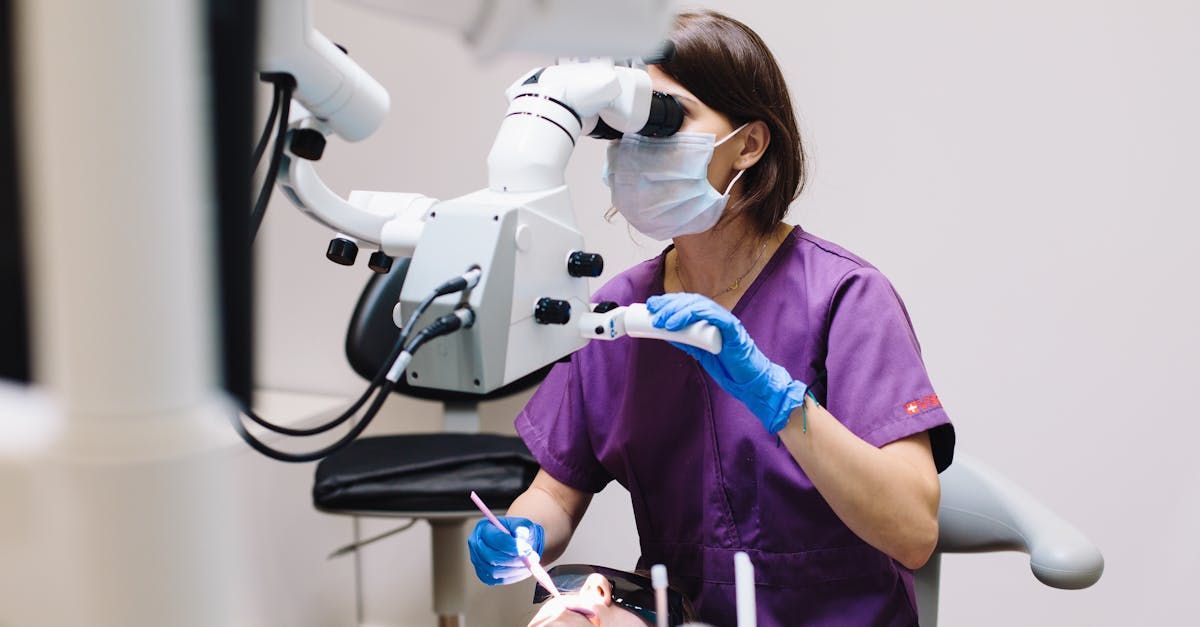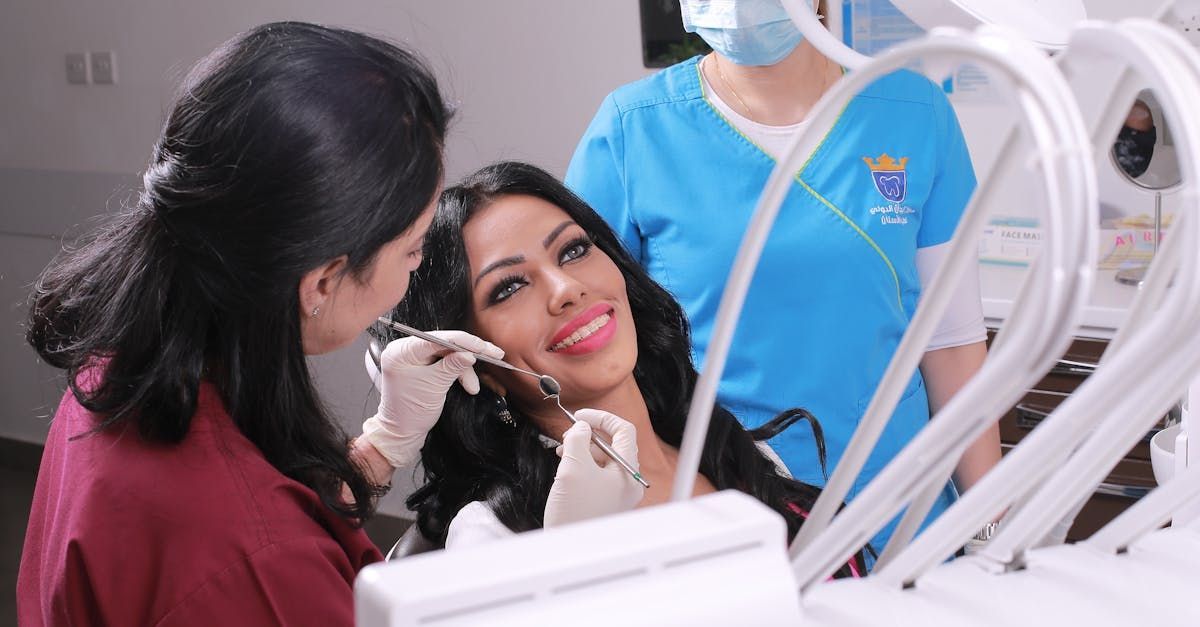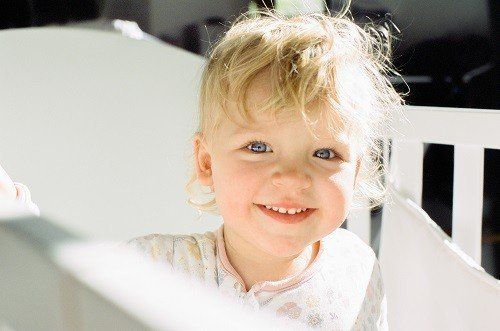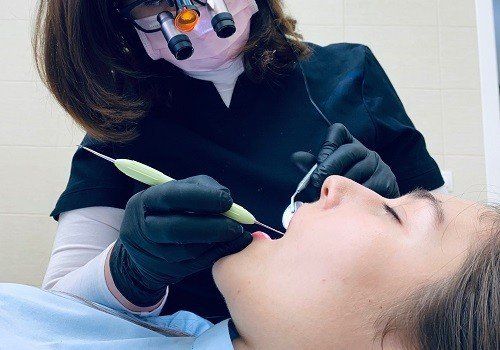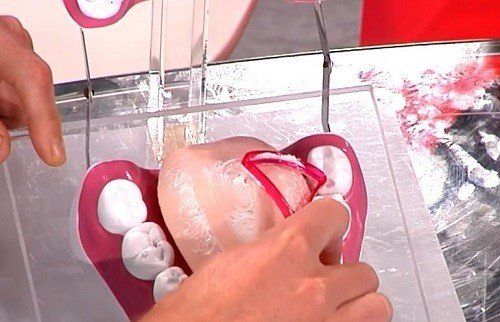4 Tips for Infant Oral Hygiene
It may be a while yet before your baby cuts his first tooth, but oral care for infants is essential to avoid problems down the road and it should start immediately. To start with, it is necessary to get your child used to the sensation of having their mouth cleaned.
The most recent National Health and Nutrition Examination Survey repeats that 23 percent of children between the ages of 2 and 11 have untreated dental caries, with 42 percent having some degree of tooth decay. When it comes to keeping your baby from these dental problems, the key is caring for their mouths as early as possible.
Clean the Gums
Although it isn’t necessary to use a toothbrush or toothpaste until after your baby cuts their first tooth, you should be cleaning the gums after a feeding to remove sugar and bacteria and to get your baby used to the feeling of having his mouth cleaned. You can do this by simply rubbing the gums with a clean, damp cloth wrapped around your fingers.
Better Out Than In
Another thing to consider is that you need to be careful with what goes into your baby’s mouth – whether you put it there or your baby puts it there himself. Cavities and tooth decay are considered an infection because they are caused by bacteria. The American Academy of Pediatric Dentistry warns that these problems can be caused by a baby putting unsanitary items into their mouth. You can help prevent this by not sharing anything with the baby that has been in your mouth, such as utensils. Also, remember that it is important to rinse items that go in the mouth, such as pacifiers, with water and not saliva.
Early Tooth Care
You should clean your child’s teeth with a soft brush and toothpaste as soon as their first tooth breaks through. My First Colgate is a great example of a fluoride-free toothpaste that has a mild flavor and is safe for your baby if they accidentally swallow a bit. Make sure you are using a toothbrush that is properly sized for an infant’s mouth.
As soon as the first tooth appears, you should establish the habit of brushing the baby’s teeth twice a day. Gently clean the tooth, making sure you are giving equal attention to all sides as well as the gums. You can begin flossing your baby’s teeth as soon as they have more than one tooth next to each other. It is true that baby teeth will eventually fall out, but proper care will make sure that they don’t come out before it is time. Healthy baby teeth are essential to future oral health as well as helping your child learn skills such as chewing and proper speech.
The First Visit to the Dentist
When the first few teeth appear, it is time to get the baby to the dentist for their first visit. According to the American Dental Association, your baby should have visited a dentist by the time they have their first birthday. If possible, see a pediatric dentist who specializes in the specific needs of a child’s mouth. This is also a great time to talk to the dentist about any concerns you have regarding your child’s oral health. You can ask questions about how to properly brush their teeth as well as any concerns about the teething stage.
Proper oral care for infants can establish a lifetime of healthy teeth and gums. Your dentist is there to help with any challenges regarding your child’s teeth. The process will only get easier if you are well prepared with the right tools and techniques.
If you are looking for a family dentist in Danvers, MA, Hallmark Dental is now accepting new patents. For information about our dental services or to request an appointment, please click here.
